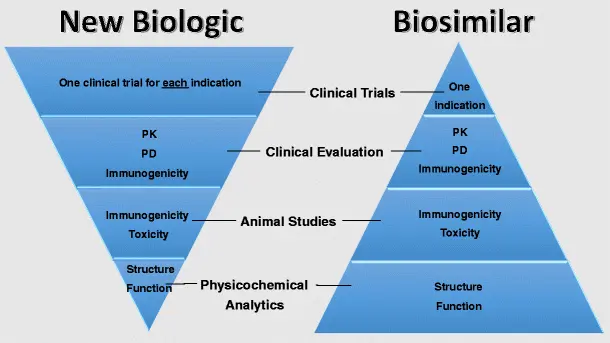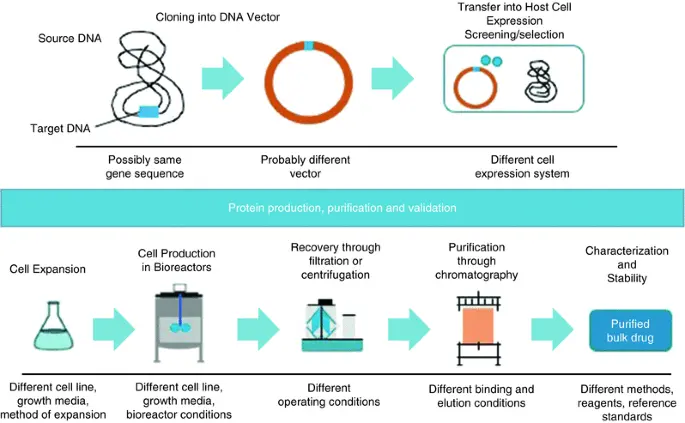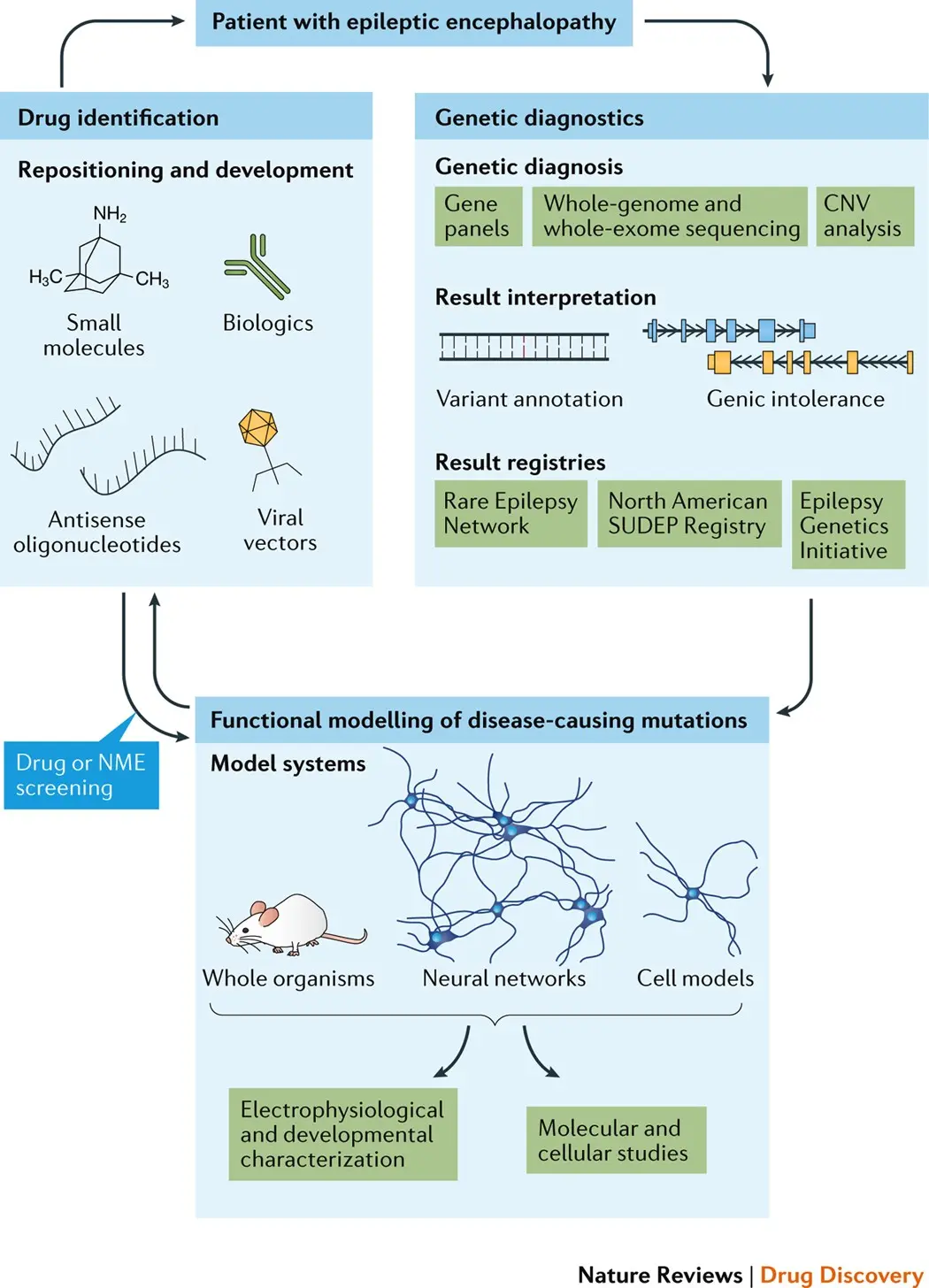The Rise of Biologics
Biologics are based on living systems and offer new possibilities for treating complex health conditions with greater precision . As science and technology evolve, so do the ways we design, produce, and deliver biologics making them more targeted, efficient, and accessible.
From bio engineering and nanotechnology to AI-assisted development, innovation is driving progress at every stage. Biosimilars and personalized approaches are also helping to extend the reach of biologics to more patients, across more conditions.
Shaping the next generation of biologics requires collaboration, creativity, and bold thinking.
Current Challenges in Biologic Development
Biologics present unique challenges that affect their development, production, and accessibility. Their manufacturing processes are highly complex, involving living cells sterile conditions, and sophisticated technologies, which significantly increase production costs and time. These challenges are compounded by issues related to stability, as biologics are often sensitive to temperature changes and physical conditions, requiring specialised storage and cold chain logistics to maintain their integrity. Regulatory approval is another major hurdle : due to their structural complexity and variability, .biologics must be subjected to thorough testing and documentation to ensure safety, quality, and consistency, which can delay market entry.
Manufacturing Complexity and Costs
The production of biologics involves living cells and requires highly controlled, sterile environments. This complexity demands advanced technology and skilled expertise, which increases both the cost and time needed for manufacturing. Scaling up production to meet growing demand presents additional challenges due to these technical and financial constraints.
Stability and Storage Challenges
Biologics are sensitive to temperature changes and physical conditions, making them vulnerable to degradation if not stored or transported properly. Maintaining a reliable cold chain is essential to preserve their effectiveness, but this can be difficult in regions lacking adequate infrastructure or resources.
Personalized & Precision Biologics
Personalized and precision biologics represent a major advancement in healthcare by customizing treatments to an individual’s unique genetic makeup or specific biomarker profiles. Instead of a one-size-fits-all approach, these therapies are designed to target the precise molecular features driving a patient’s condition. This tailored strategy increases the effectiveness of treatment while minimizing side effects.
This approach is especially important in complex diseases such as oncology, where tumors can vary widely between patients. By analyzing genetic mutations and biomarkers, clinicians can select biologics that specifically attack cancer cells while sparing healthy tissue. Similarly, in autoimmune diseases, precision biologics can modulate the immune system based on the individual’s immune profile, offering more effective and safer options.
Personalized biologics also hold promise for rare disorders, many of which have unique genetic causes. By focusing on the underlying biology of each patient’s condition, these therapies can provide targeted solutions where traditional treatments often fall short. As research progresses, personalized and precision biologics are set to transform how we treat many challenging diseases.


